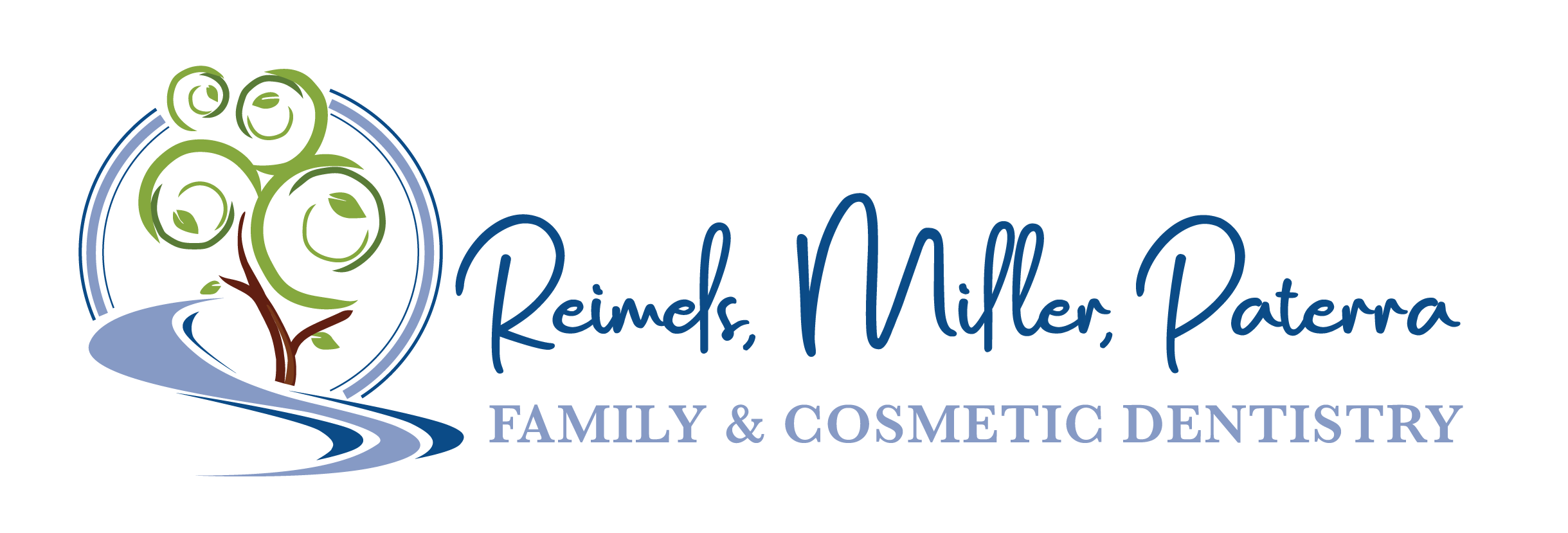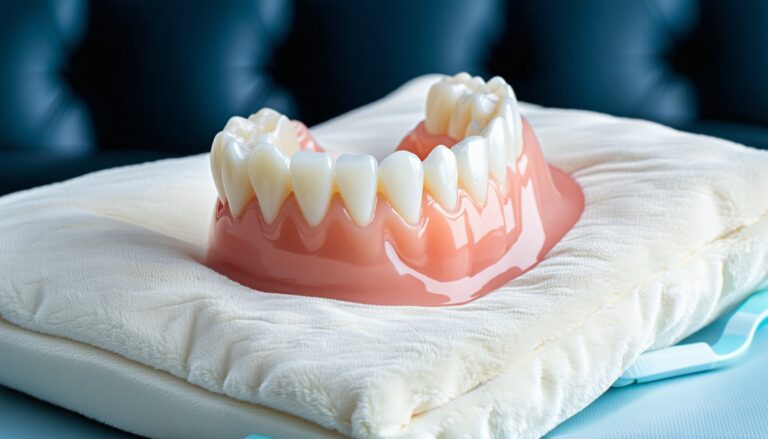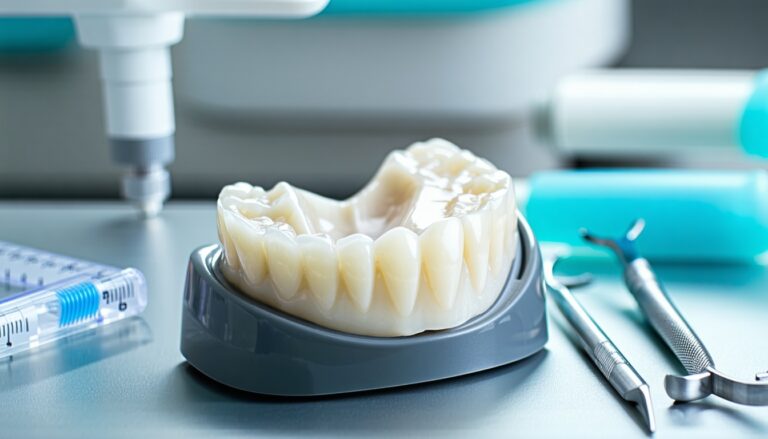Understanding TMJ Disorders
Prevalence and Demographics
TMJ disorders, often referred to as TMD, affect a significant portion of the population. In the United States, up to 12 million people suffer from TMD, with the age group most commonly affected being between 20 and 40 years old Cleveland Clinic. Females are twice as likely to experience TMD compared to males.
| Age Group | Prevalence |
|---|---|
| 20-40 | High |
| Females | Twice as Likely |
| Total Affected (US) | 12 Million |
Management and Treatment Approaches
With early diagnosis and appropriate treatment, TMD is often manageable and can sometimes even be cured Cleveland Clinic. Treatment approaches generally combine self-care, medical devices, and professional care to effectively manage symptoms and improve quality of life.
Self-Care Methods
- Jaw Exercises: Gentle stretching and strengthening exercises can help alleviate pain.
- Dietary Changes: Soft foods to reduce jaw strain.
- Stress Management: Techniques like meditation and biofeedback can help mitigate symptoms.
Medical Devices
- Night Guards: Custom-made night guards protect teeth from grinding and help align the jaw.
- Orthotic Devices: These can reposition the jaw to relieve pressure on the TMJ.
Professional Care
- Physical Therapy: Targeted exercises and modalities to improve jaw function.
- Dental Treatments: Procedures to correct bite issues.
- Medication: Anti-inflammatory drugs or muscle relaxants prescribed by healthcare providers.
For those in Huntersville, having comprehensive dental insurance (e.g., BCBS, MetLife) can be beneficial for managing TMD. Understanding the insurance coverage for TMJ bite guards can help you make informed decisions about your treatment plan and maximize your benefits.
Explore options for tmd therapy with Blue Cross Blue Shield insurance or in-network TMJ dentists for jaw pain to ensure you receive high-quality care. Don’t overlook the significance of early diagnosis and multi-faceted treatment for your long-term health and well-being.
Night Guards for TMJ and Bruxism
Benefits of Custom Night Guards
A custom night guard offers significant advantages compared to over-the-counter (OTC) options. Custom night guards are designed to fit your teeth precisely, providing a more accurate fit and greater comfort. This minimizes the risk of tissue damage, teeth movement, and even choking hazards associated with OTC products. They are highly effective at preventing teeth damage from grinding and clenching, commonly known as bruxism.
Custom night guards also generally last longer, typically 2 to 5 years with proper care. This longer lifespan makes them a more cost-effective solution in the long run, providing consistent and reliable protection for your teeth.
Over-the-Counter vs. Custom Guards
OTC night guards are readily available and generally safe for short-term use. However, they often cause discomfort, jaw soreness, and can even exacerbate your grinding over time due to their imperfect fit.
Boil-and-bite guards offer slightly better customization than standard OTC guards but still fall short in terms of comfort and protection compared to custom-made guards (Pro Teeth Guard).
Custom night guards made by your dentist provide the highest level of fit and protection. They are designed to match your dental anatomy perfectly, offering optimal comfort and effectiveness. Online providers also offer custom-fit guards that balance quality and cost, offering a viable alternative to traditional dentist-made guards.
Types of Night Guards
Night guards can be made from various materials to suit different needs. Here are some common types:
- Soft Night Guard:
- Material: Soft acrylic
- Use Case: Suitable for mild cases of bruxism and those who do not grind heavily.
- Pros: Comfortable and easy to wear.
- Cons: Not as durable for heavy grinders.
- Dual Laminate Night Guard:
- Material: Soft inner layer, hard outer shell
- Use Case: Suitable for moderate to severe bruxism.
- Pros: Durable and offers better protection.
- Cons: More expensive than soft guards.
- Hard Acrylic Night Guard:
- Material: Hard acrylic
- Use Case: Ideal for severe cases where there is heavy clenching or grinding force.
- Pros: Offers the best protection and durability.
- Cons: May be less comfortable initially.
| Type of Night Guard | Material | Use Case | Pros | Cons |
|---|---|---|---|---|
| Soft Night Guard | Soft acrylic | Mild bruxism | Comfortable, easy to wear | Less durable for heavy grinders |
| Dual Laminate Guard | Soft & hard mix | Moderate to severe bruxism | Durable, better protection | More expensive |
| Hard Acrylic Guard | Hard acrylic | Severe bruxism | Best protection, very durable | May be less comfortable |
Choosing the right night guard involves considering the material and durability based on your specific needs and level of bruxism. For more information on selecting the appropriate night guard, visit our article on tmd therapy with blue cross blue shield insurance.
For those looking into insurance options for TMJ bite guards, check out our guides on tmj jaw dysfunction treatment accepted by insurance and custom night guard for tmd covered by delta dental to maximize your benefits.
Choosing the Right Night Guard
Selecting the perfect night guard for TMJ and bruxism involves considering several key factors to ensure maximum comfort, protection, and longevity.
Factors to Consider
1. Severity of Bruxism:
- Light to moderate teeth grinding and clenching require a soft night guard, while heavy grinding necessitates a hard night guard for optimal protection. A hybrid night guard suits moderate grinding and offers both durability and comfort (Pro Teeth Guard).
2. Type of Night Guard:
- Custom-fit guards are recommended for their tailored fit and superior protection. They can be made of various materials like thick or thin acrylic, and can be designed for the upper or lower teeth (Orofacial Therapeutics).
3. TMJ Condition:
- For acute TMJ pain, anterior bite guards like QuickSplint encourage muscle relaxation and joint decompression. Chronic conditions need long-term splints, which are designed based on detailed dental evaluations and cost between $500-$2000.
4. Professional Expertise:
- A dentist specializing in TMJ treatments can provide more precise custom night guards compared to general dentists who might not have specialized training in TMJ disorders.
Recommended Night Guards
| Condition | Recommended Guard | Characteristics | Approximate Cost |
|---|---|---|---|
| Light Grinding | Soft Night Guard | Comfortable, flexible | $200 – $500 |
| Moderate Grinding | Hybrid Night Guard | Durable, comfortable | $300 – $700 |
| Severe Grinding | Hard Night Guard | Maximum protection, durable | $500 – $1000 |
| Acute TMJ Pain | Anterior Bite Guard (QuickSplint) | Muscle relaxation, joint relief | $300 – $700 |
| Chronic TMJ Pain | Custom Long-term Splints | Personalized fit, long-lasting | $500 – $2000 |
For professionals, executives, and retirees in Huntersville, NC, seeking high-quality dental care, it is essential to consult an in-network TMJ dentist for jaw pain covered by insurance plans such as MetLife or BCBS. In addition, you may explore custom night guard for TMD covered by Delta Dental or other insurance options for better coverage and benefits.
For more information on insurance coverage, including specific providers and policies, refer to articles on does insurance cover TMJ therapy and jaw pain specialist Aetna dental plan. You can also find specialized services for other dental and healthcare needs in articles like oral appliance therapy for sleep apnea with insurance and snoring mouth guard covered by insurance.
Insurance Coverage for Night Guards
Understanding how your dental insurance covers night guards can help you maximize your benefits and reduce out-of-pocket costs. This section will explore dental insurance policies, the claim process, and cost and coverage considerations.
Exploring Dental Insurance Policies
Insurance providers may classify night guards as necessary preventive measures or elective treatments. Coverage for night guards varies across different insurance plans, so it’s essential to review your specific policy. Providers like MetLife, Blue Cross Blue Shield, or Aetna often have their own rules regarding coverage.
Many dental insurance plans require a letter of medical necessity from a dentist to approve coverage for issues such as bruxism or TMJ disorder (ALIGNERCO). Be sure to check if your TMD therapy with Blue Cross Blue Shield Insurance is covered.
| Insurance Provider | TMJ Coverage | Pre-Authorization Required | Proof of Medical Necessity |
|---|---|---|---|
| MetLife | Yes | Sometimes | Yes |
| Blue Cross Blue Shield | Yes | Possibly | Yes |
| Aetna | Yes | Yes | Yes |
| United Healthcare | Yes | Sometimes | Yes |
Claim Process and Requirements
The claim process typically begins with obtaining pre-authorization from your insurance company. Check if providers like Americo or Delta Dental require pre-authorization. Having clear proof of medical necessity is crucial when claiming reimbursement (Alignerco).
Essential documentation for the claim may include:
- A detailed letter of medical necessity from your dentist.
- Diagnostic records such as bite analysis and TMJ studies.
- A treatment plan outlining the frequency and duration of night guard usage.
After collecting the necessary documents, submit them to your insurance provider through their designated claim submission process. Providers like in-network TMJ dentists for jaw pain might also offer assistance in navigating the claims process.
Cost and Coverage Considerations
The cost of night guards can vary, and insurance coverage may not cover the entire expense. Patients might explore affordable alternatives or options like ALIGNERCO which offer night guards at discounted rates compared to traditional dental providers.
| Type | Average Cost | Insurance Coverage | Out-of-pocket Cost |
|---|---|---|---|
| Custom Night Guards | $300 – $700 | Partial | $100 – $300 |
| Over-the-Counter Guards | $15 – $50 | None | $15 – $50 |
Understanding the specifics of your policy and selecting an appropriate dentist, such as those providing tmd pain management with insurance, can ensure that you make the most of your insurance benefits while maintaining optimal dental health. Remember to frequently review your insurance details and consult with your dental provider to avoid unexpected out-of-pocket expenses. For further details on whether insurance covers TMJ therapy, please refer to our in-depth articles.
Ensuring Proper Care and Use
Using your night guard correctly ensures its effectiveness while maximizing your overall dental health.
Lifespan and Maintenance
The average lifespan of a night guard generally spans about 5 years; however, based on wear and tear, replacement may be needed in as little as one year. Custom night guards tend to have a longer lifespan, ranging from 2 to 5 years, assuming they are well-maintained (Pro Teeth Guard).
Maintenance Tips:
- Clean Daily: Rinse your night guard with lukewarm water each morning. Use a soft toothbrush to remove food particles and plaque.
- Deep Clean Weekly: Soak it in a non-alcoholic mouthwash or denture cleaning solution once a week to eliminate bacterial buildup.
- Proper Storage: Store your night guard in its ventilated case to prevent microbial growth.
Importance of Correct Fit
A correct fit is crucial for the efficacy of your night guard. Poorly fitted night guards can lead to dental issues such as teeth shifting, discomfort, and inadequate protection against grinding. Boil-and-bite guards, while adjustable, cannot match the precision of custom-fitted guards.
- Customized Fit: Custom night guards are tailored to the exact shape of your teeth, ensuring maximum comfort and protection.
- Material Quality: Whether made of hard acrylic for heavy grinding or a softer material, the right fit reduces wear and improves effectiveness (Orofacial Therapeutics).
Maximizing Night Guard Benefits
To reap the full benefits of your night guard, proper care and use are paramount. Wear your night guard consistently to protect your teeth from the substantial damage caused by teeth grinding. The preventative measure is cost-effective compared to expensive dental treatments required to repair damage.
| Point of Concern | Action Required |
|---|---|
| Daily Cleaning | Rinse and brush with a soft brush |
| Weekly Cleaning | Soak in non-alcoholic mouthwash or denture cleaner |
| Storage | Use a ventilated storage case |
| Fit Issues | Consult your dentist for adjustments or replacements |
For insurance coverage for night guards, visit our extensive articles on topics such as tmj disorder treatment covered by aetna, tmd therapy with blue cross blue shield insurance, and metlife insurance tmj specialist for more information on maximizing your benefits.








